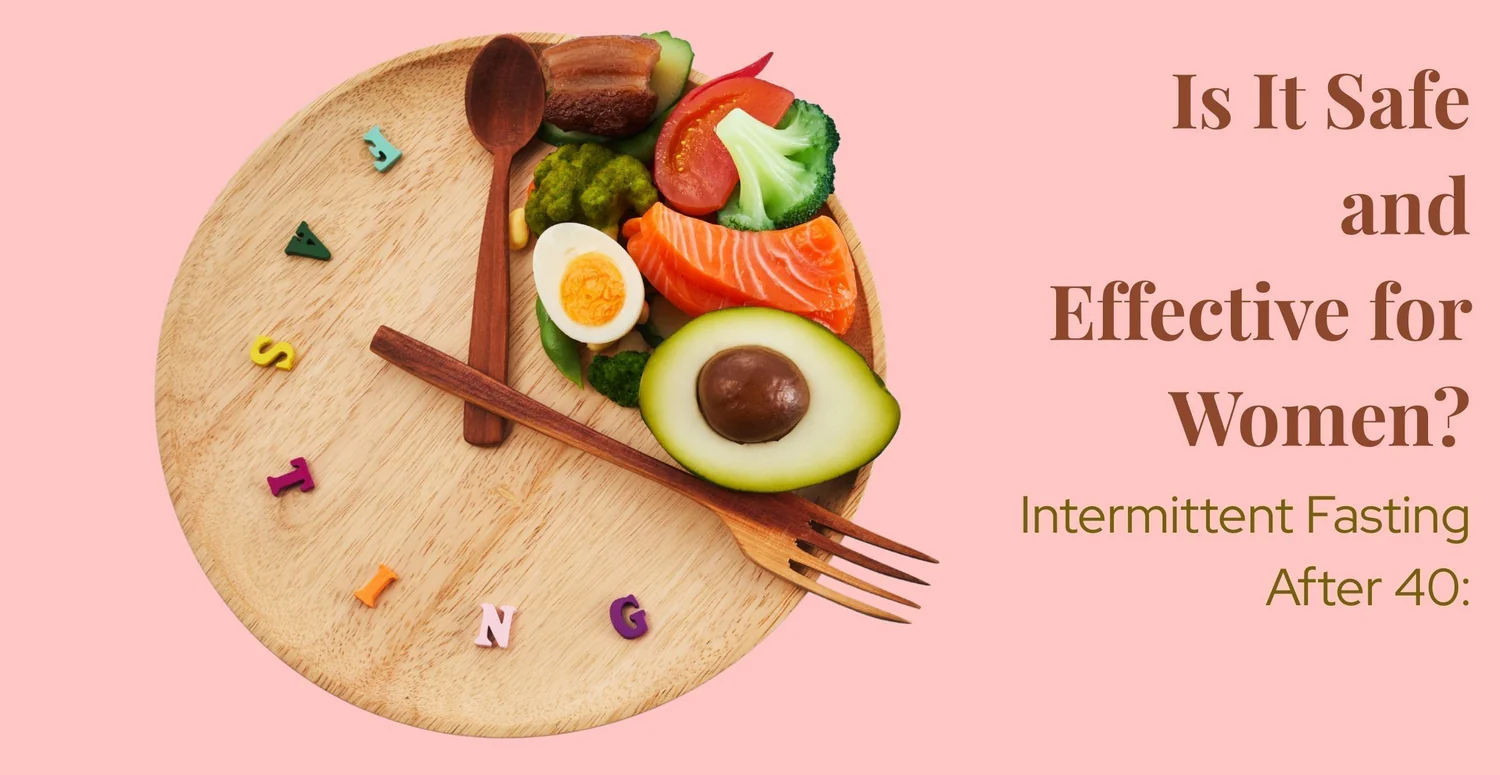Intermittent Fasting for Women: Healthy Trend or Hype?

Introduction
Intermittent fasting (IF) has been one of the most talked-about wellness practices of the decade. By 2025, women worldwide are experimenting with fasting windows to regulate weight, boost energy, and enhance focus. But the question remains — is it a healthy trend or just hype?
The Science Behind IF
Intermittent fasting revolves around cycling between eating and fasting periods. Common approaches include the 16:8 method (fasting for 16 hours, eating within 8) or alternate-day fasting. Scientific studies suggest IF may improve insulin sensitivity, promote cellular repair, and reduce inflammation.
Women’s Unique Physiology
However, women’s bodies respond differently than men’s. Hormones, menstrual cycles, and reproductive health can be affected by fasting. For some women, IF supports better energy and weight management, but for others, it may cause fatigue, hormonal imbalances, or disordered eating patterns.
Popular in the Fashion and Fitness World
Despite potential challenges, IF has gained traction among women in modeling and fitness. Its structured approach appeals to those juggling hectic schedules, as it simplifies meal planning. Many women report sharper focus during fasting hours and reduced cravings overall.
Balancing Benefits and Risks
The effectiveness of IF depends on individual lifestyle and health. Women who adopt it successfully often pair fasting with nutrient-dense meals — colorful vegetables, plant proteins, and whole grains — to ensure proper nourishment. Experts warn against extreme fasting, emphasizing flexibility and balance.
Technology as a Guide
In 2025, apps help women personalize fasting windows according to their biological rhythms. These tools make fasting safer and more adaptable, offering reminders to hydrate and suggestions for balanced meals post-fast.
Conclusion
Intermittent fasting can be powerful for some women but detrimental for others. Rather than a one-size-fits-all solution, it’s best seen as a tool that must be tailored to individual needs. In the end, IF is neither pure hype nor a universal cure — it’s a practice that demands awareness and balance.



